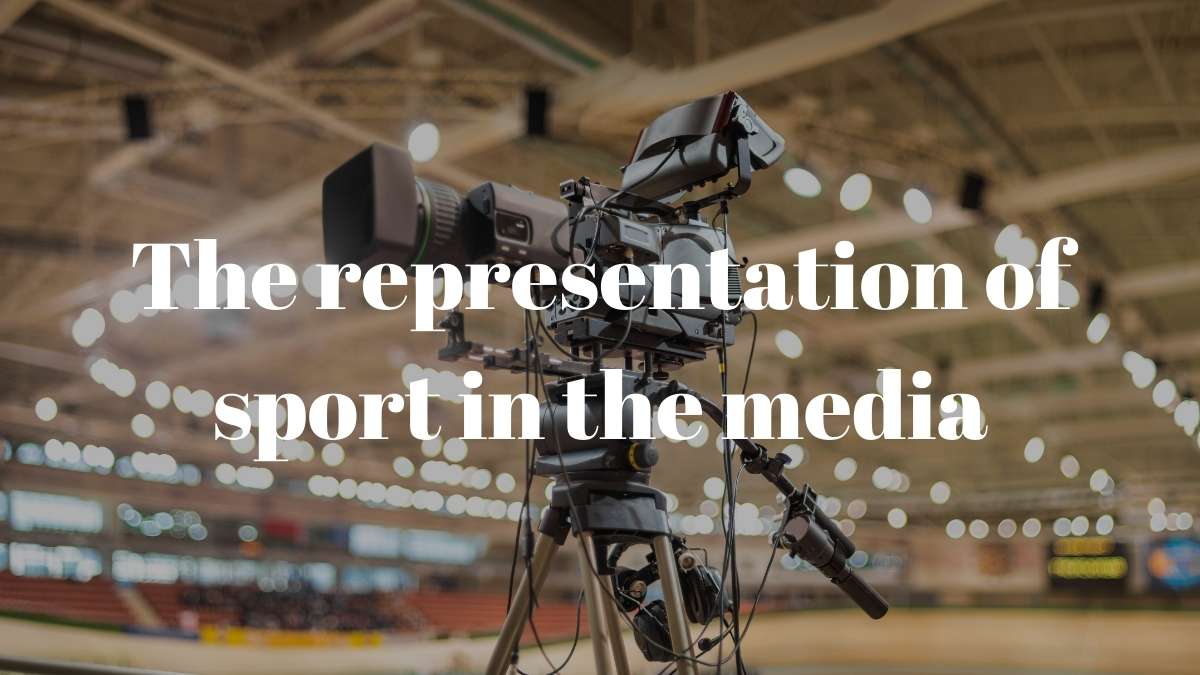In today’s digital age, the relationship between sports and media has become increasingly intertwined, leading to the concept of mediatization. This process refers to how media influences and transforms various aspects of society, including sports. Historically, sports events like the Tour de France and the UEFA Champions League were initiated by newspapers, highlighting the longstanding connection between media and sports .
The commercialization of elite sports has led to an increased focus on individual athletes and teams through press coverage, interviews, merchandise, and fan culture. This has resulted in the rise of sports stardom and significantly higher salaries for top athletes . However, this media-driven focus also raises ethical concerns, such as the erosion of amateurism and fair play ideals, and increased temptations for athletes to engage in unethical practices like doping or match-fixing .
The mediatization of sports has also influenced the structure and rules of games to cater to entertainment-focused media coverage. This includes adjustments in tournament structures and game rules to fit television and other news media formats . While these changes have expanded the reach and popularity of sports, they also prompt discussions about maintaining the integrity and original spirit of athletic competitions.

